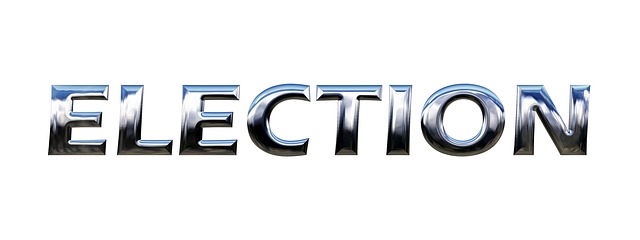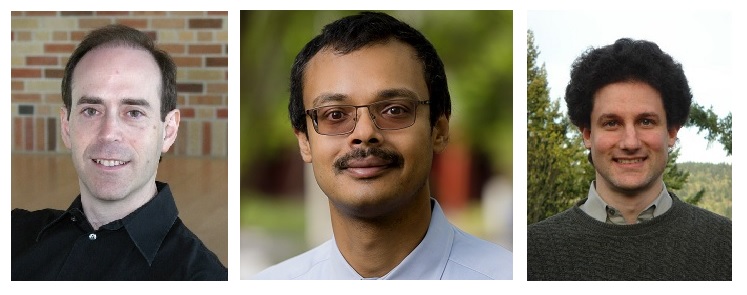9th International Conference on Advances in New Technologies, Interactive Interfaces and Communicability ( ADNTIIC 2018 )
Cordoba, Argentina
November 4 – 7, 2018
ADNTIIC 2018 will be composed of research presentations, courses, keynote lectures, invited presentations, workshops, doctoral consortium, courses, demo session, posters presentations, and research works-in-progress.
Papers/demos/posters, etc. must be submitted following the instructions found on the submission of papers section. All accepted works will be published in the respective conference proceedings (in printed book form, CD/DVD and magazine) by international and prestigious publishing houses in America and Europe:
- Post-conference publishing book. IGI Global (USA)
- An academic CD proceedings version –not commercial (free distribution in the room), with ISBN and DOI.
- International Magazine in Europe with IEEE format guidelines
- The contributions are will be submitted for indexation by EI Compendex, INSPEC, Thomson Reuters and DBLP.UNI-TRIE.DE
Very Important # The authors can present more than one work with only one registration (maximum 3 works)
All contributions should be of high quality, originality, clarity, significance, impact and not published elsewhere or submitted for publication during the review period. More information: http://www.ainci.com/ADNTIIC-2018/conference_ADNTIIC_2018_registration.html
All contributions should be of high quality, originality, clarity, significance, impact and not published elsewhere or submitted for publication during the review period. In the current conferences it is demonstrated how with a correct integration among professionals of formal and factual sciences interesting research lines in the following subjects and other main areas are solicited on, but not limited to (alphabetical order): http://www.ainci.com/ADNTIIC-2018/conference_ADNTIIC_2018_topics.html
All submitted papers will be reviewed by a double-blind (at least three reviewers), non-blind, and participative peer review. These three kinds of review will support the selection process of those that will be accepted for their presentation at the international conferences. Authors of accepted works who registered in the conferences can have access to the evaluations and possible feedback provided by the reviewers who recommended the acceptance of their contributions, so they can accordingly improve the final version of their papers/demos/research-in-progress/poster, etc.
Important Dates and Information
- Works Submissions: Open. Consequently, as they are received, they will be evaluated. It is a way to speed up the process to make up the final program of the conference. In other words, it is not necessary to wait until the deadline to send them for the evaluation process.
- Deadline Papers Submissions: September, 7th – local time in Hawaiian Islands
- Authors Notification: Two/three weeks after the submission/s
- Camera-ready, full papers: October, 20th
- Conference: November, 4 – 7.
- See special links with HCITISI 2018: http://www.ainci.com/HCITISI-2018/IPCTIIC-HCITISI.html
- Keynote Speakers and Relators with Human and Professional – super 'High Quality'
- Courses Free for All Participants: Education, ICTs, Tourism, Interactive Design, Communicability, Social Networking, Digital Photography, Smart Cities, etc.
- Certificate of participation and conference proceedings.
- Participation for the selection of the best paper and best research awards (certificate and a voucher to spend at Blue Herons Editions –htpp://www.blueherons.net)
- Discounts in official hotels (for example, the room rate in Casa Serrana –58 U$S– includes breakfast, lunch and dinner)
- Cultural Events (i.e., local excursions in Cordoba, Argentina –UNESCO cultural and natural heritage province) free for all authors and participants.
The international conferences are organized by ALAIPO :: Latin Association of Human-Computer Interaction (Asociacion Latina de Interaccion Persona Ordenador) :: www.alaipo.net, and AInCI :: International Association of Interactive Communication (Asociacion Internacional de la Comunicacion Interactiva) :: www.ainci.net

